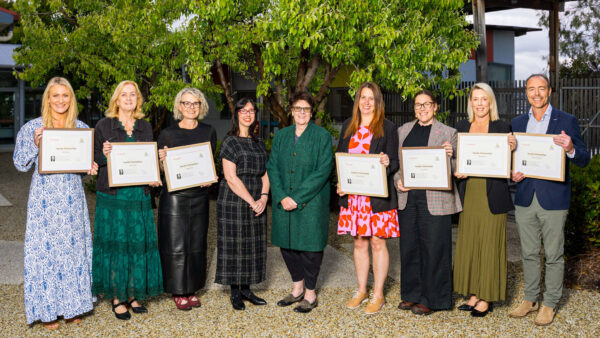How do wealthy people approach estate planning?

Deciding how you want your assets distributed when you die is one of life’s most important tasks. There’s a lot we can learn from wealthy people about the best way to approach estate planning.
Two really common situations illustrate this. Let’s say a family has a thriving small business – what’s the best way to manage this asset? What happens if one child wants to purchase the business and two other siblings don’t?
A family farm is another example. What happens if one child wants to live and work on the farm and other siblings don’t?
“These are complex scenarios that require skill and forethought to resolve for estate planning purposes,” says Ewan Stewart, Tasmanian Perpetual Trustees Senior Estate Planner.
So here are some guiding principles to ensure this important responsibility is discharged in the best possible way.
Start as early as possible
No matter if you have complex or simple assets, the sooner you start the estate planning process the better.
“Taking your time allows you to work through many different scenarios to arrive at the most suitable outcome for wealth management and tax planning purposes,” says Tiffany Hardwick, MyState Wealth Management Financial Planner.
At the start of the process it’s important to build the right foundations. This includes writing a Will, appointing powers of attorney and developing enduring guardianship and beneficiary structures.
“The effect of how assets are owned i.e. jointly or singularly or owned by a company, trust or another structures should be explored at this point,” Stewart suggests.
It happens rarely, but it’s also important to include instructions in the Will about what should happen to the family’s assets should everyone die in a common disaster.
Build a team of advisers
It’s critical to ensure your accountant, financial planner and estate planner collaborate to get the best financial outcome for the family. This will help ensure the right structures are in place to manage tax obligations. The way superannuation is treated when someone dies is a good example.
“Depending upon the taxable and non taxable components of superannuation or pension components, and who the beneficiaries are (dependant or non dependant) will determine if they are required to pay tax when they receive a distribution from an estate. Advice should be sought to minimise (or potentially have nil) tax payable by the estate.” advises Hardwick.
“Consideration should be given to the consequences of selling or transferring capital gains tax assets and it is important to work with experts to get the correct advice. The way assets purchased before 20 September 1985 are treated in the estate planning process is another consideration. These assets receive favourable tax treatment if handled correctly and it’s important to work with experts to ensure this happens,” he adds.
Provide for dependants
During the estate planning process make sure the needs and circumstances of beneficiaries are fully considered.
“This might involve establishing trusts, depending on the age of the children or whether there are vulnerable beneficiaries such as disabled offspring,” Stewart adds.
Review arrangements regularly
People’s lives are always changing when marriages, the birth of children, death, divorce and separation happens.
Says Hardwick: “As a result, it’s important to regularly review investments, superannuation, trusts, insurances and binding death nominations to ensure they meet your ongoing needs and future goals.”
In some circumstances, it can make sense to gift beneficiaries with assets before death, however these decisions need to be made well in advance and consideration as to what impact that this may have on the donor and beneficiary.
Decisions about legacies for certain charities should also be made during the estate planning process.
No matter what your situation, great estate planning starts early, involves regular reviews and requires the input of experts. That’s the best way to make the most of your wealth for you and your family over time. For advice or more information call us on 1300 138 044 or visit www.tasmanianperpetual.com.au.
Information is current as at 19 March 2018. This is general advice only and does not take into account your personal objectives, financial situation or needs and you should consider whether it is appropriate for you. Any tax advice provided within is general advice only and you should consult with a tax professional before any decisions are made.



